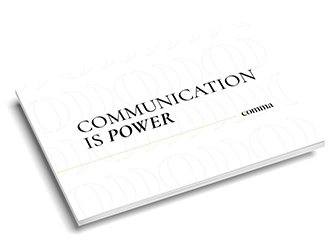When I studied journalism at the Complutense University of Madrid, back in the nineties, and we were learning to layout with typometer, I had a teacher who taught me many things about this craft of putting letters together; He had a reputation for being tough (justified), but without a doubt, from a distance, I am grateful to him for that list of essential reading (which never failed to include a classic such as “War and Peace” and “Les Miserables”) and for those works that sometimes flirted more with the literary than with the purely journalistic; If one week he would send us a sports report, the next he could commission us to write an unusual dialogue about a stew or an equation, to the disbelief of the students;
I even remember once he brought us a PhD student who had surprised him with a brilliant exercise; He had to describe something without words and we had to guess it; With very musical rhythmic sounds, that girl spent a minute telling us about a birth; It was impressive;
All this prologue comes from the commonplaces (those clichés that are repeated over and over again, and which have lost their effectiveness after being used so much). One of the first days of class, in the first year, he asked us if we knew what they were; I don’t know if no one knew or no one dared to raise their hand, but we had to find out for the next class; This professor, an enemy of commonplaces, which are multiplied by the written and oral language promoted by the media, would suffer from the discourse of the professionals I usually interview because of this recurrence to empty and common concepts; In the magazine Anuncios, we take it with humour every time we hear these three commonplaces:Putting the consumer at the centre. We can’t wait to meet a brand that doesn’t, that would be innovation; The courage of the customer;Nobody talks about cowardly customers; Innovation is part of the DNA. They can replace innovation with any other noun they want to boast about;
Straitjacketed spokespersons
Over time, I have noticed that interviewees are becoming more and more constrained, especially if they work in multinationals; If you have the questionnaire in advance, the answers are even more measured; It is difficult to achieve a climate of freedom in which they can express themselves without fear; Many also ask to review what they have told you so that they can modify what may seem to them to be less appropriate in the cold; These practices undermine journalism, whose credibility has been undermined for years by the media’s economic crisis;
How to educate this politically correct generation of spokespersons where every line is so measured? Communication consultancies have an important role to play in advising and guiding their clients in the creation of a discourse that is profound, interesting, contributing and, of course, far from commonplaces;
Of course, we journalists must also make amea culpafor having ceded ground in our independence in these complicated times.
I am sure that many of the journalists trained at the Complutense will have identified the professor; It wasPedro Sorela.






